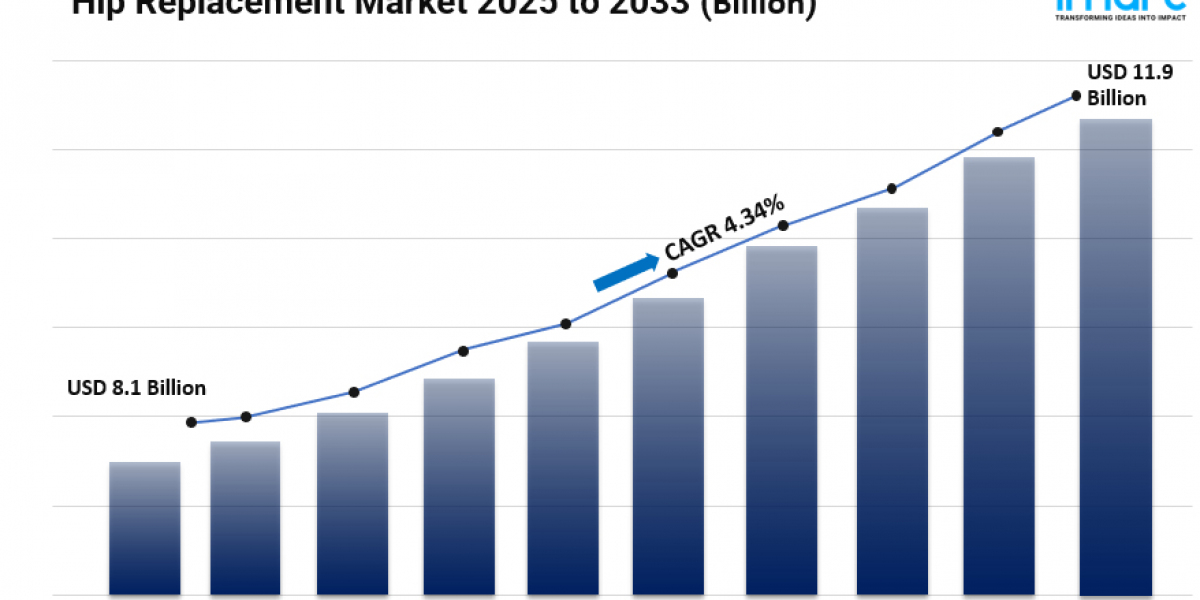In recent years, the field of telemedicine has experienced remarkable growth, providing a wide range of benefits to patients across various demographics. One particular area where telemedicine has shown immense potential is pediatric care. Online doctor consultations offer unique advantages for children's health, making healthcare more accessible, efficient, and convenient for both parents and their young ones. However, there are also essential considerations to keep in mind to ensure the best possible outcomes for pediatric patients.
Advantages of Pediatric Telemedicine
- Convenience and Accessibility Online doctor consultations eliminate the need for travel, making it easier for parents to seek medical advice without leaving their homes. This is particularly beneficial for families living in remote areas or those with limited access to pediatric specialists. Telemedicine can bridge the gap between rural and urban healthcare, ensuring that children receive timely medical attention regardless of their location.
- Reduced Exposure to Infections One significant advantage of pediatric telemedicine is the reduction in exposure to contagious diseases. Traditional in-person visits to the doctor's office can increase the risk of children contracting infections from other patients. Online consultations provide a safer alternative, especially during flu season or pandemics, such as COVID-19.
- Timely Medical Advice Telemedicine allows for quicker access to medical professionals, which is crucial when dealing with children's health issues. Parents can receive prompt advice on managing symptoms, administering medication, or deciding whether an in-person visit is necessary. This timely intervention can prevent minor issues from escalating into more severe conditions.
- Continuity of Care Online doctor consultations facilitate ongoing communication between healthcare providers and families. This continuity of care is essential for managing chronic conditions, monitoring growth and development, and ensuring that vaccinations and routine check-ups are up to date. Telemedicine can help maintain a consistent healthcare regimen for children, promoting better long-term health outcomes.
- Enhanced Comfort for Children Many children feel anxious or uncomfortable in a clinical setting. Telemedicine allows them to receive medical care from the comfort of their own homes, reducing stress and anxiety. Familiar surroundings can make children more cooperative during consultations, leading to more effective communication between the doctor, the child, and the parents.
Considerations for Pediatric Telemedicine
- Technological Barriers Access to reliable internet and appropriate devices is essential for successful online doctor consultations. Families without these resources may face challenges in utilizing telemedicine services. Addressing the digital divide is crucial to ensure that all children can benefit from pediatric telemedicine.
- Quality of Care While telemedicine offers numerous advantages, it is essential to ensure that the quality of care remains high. Pediatricians must be well-trained in conducting online consultations and using telehealth platforms effectively. Additionally, some medical conditions may still require physical examinations or diagnostic tests that cannot be performed remotely.
- Privacy and Security Protecting patient privacy and maintaining the security of medical information is paramount in telemedicine. Healthcare providers must use secure, HIPAA-compliant platforms for online doctor consultations to safeguard sensitive data. Parents should be informed about the measures in place to protect their children's health information.
- Parental Involvement Active parental involvement is crucial during pediatric telemedicine consultations. Parents need to accurately describe their child's symptoms, follow the doctor's instructions, and ensure proper follow-up care. Clear communication between healthcare providers and parents is essential to achieve the best outcomes.
- Emergency Situations Telemedicine is not suitable for all medical scenarios, particularly emergencies. Parents should be educated on when to seek immediate in-person care, such as in cases of severe injury, difficulty breathing, or other urgent health concerns. Telemedicine should complement, not replace, traditional healthcare services.
Conclusion
Pediatric telemedicine, facilitated by online doctor consultations, offers numerous advantages for children's health, including improved accessibility, reduced infection risk, timely medical advice, continuity of care, and enhanced comfort. However, addressing technological barriers, ensuring quality of care, protecting privacy, involving parents, and recognizing the limitations of telemedicine are essential considerations. By leveraging the benefits and addressing the challenges, pediatric telemedicine can play a significant role in promoting the health and well-being of children in the digital age.









